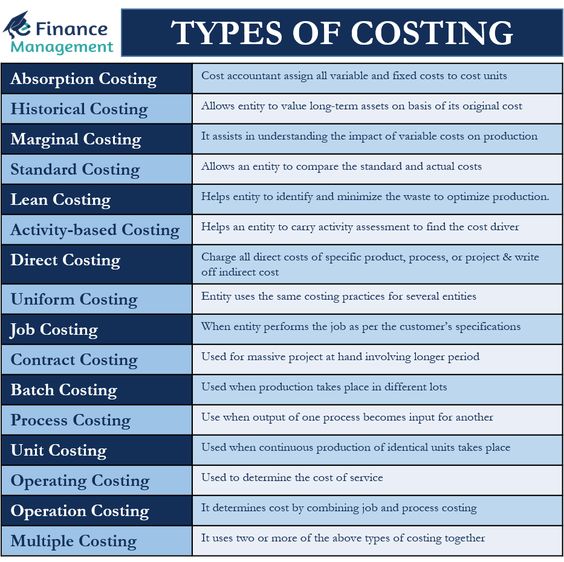Cost estimation is a crucial component of any project planning process. It is used to predict the expenses required to complete a project and ensure that the financial resources are allocated accordingly. There are various types of cost estimation techniques used in different industries to estimate the project’s cost.
The following are the significant types of cost estimations:
Analogous Estimation
Analogous estimation is also known as top-down estimation. In this technique, the cost of a current project is predicted by comparing it with a similar project completed in the past. The estimation is based on the similarity in project description, scope, cost, and duration for both projects.
Bottom-up Estimation
Bottom-up estimation is a detailed and comprehensive approach to estimate project costs. In this technique, the cost is estimated for each task, which is aggregated to determine a project’s total cost. It enables the team to understand the project’s detailed cost structure.
Parametric Estimation
Parametric estimation is a detailed approach based on statistical models. It involves analyzing data from past projects to establish the relationship between the project’s scope and cost. It is useful when the projects have common features, such as similar technology, location, and resources.
Three-Point Estimation
Three-point estimation, also referred to as PERT estimation, is based on determining the optimistic, pessimistic, and most likely scenarios for a project. The weight average of these values is then calculated to provide the project’s estimated cost.
Expert Judgment
Expert judgment is the estimation technique that depends on the experience and knowledge of subject matter experts (SMEs). The experts provide their opinion based on their field of expertise, which considers the project’s scope, risk, and other factors.
Reserve Analysis
Reserve analysis is the cost estimation technique that estimates the contingency reserve required for managing the risk in a project. It is a buffer amount that is set aside to address the unforeseen events that can disrupt the project’s timeline and budget.
Vendor Bid Analysis
Vendor bid analysis is used in procurement projects to estimate the cost of goods or services. It involves obtaining bids from the vendors and analyzing them to determine which vendor offers the best value for money.
You might find these FREE courses useful
- Fundamentals of financial and management
- Optimizing Your Google Cloud Costs
- Introduction to Budgets in Microsoft Azure Cost
- Cloud Cost Management: Optimization Strategies
Delphi Technique
The Delphi technique is a survey-based approach to cost estimation used for complex projects. It involves the participation of experts who provide their input anonymously. The results are then consolidated and reported to the participants, who provide further input until a consensus is reached.
Conclusion
Efficient project planning requires accurate cost estimation, which relies on understanding the different cost estimation techniques. By choosing the right technique for a given project, organizations can allocate resources efficiently, set realistic budgets, and manage risks effectively.
